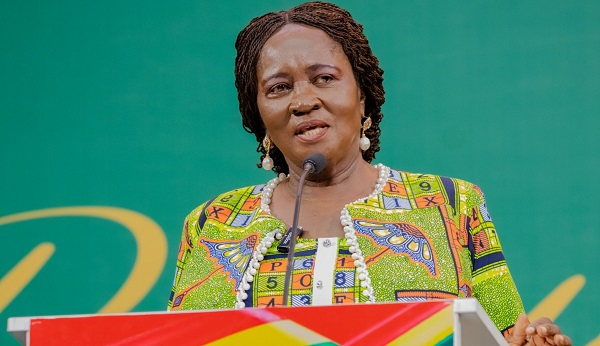Article I of the U.S. Constitution states that Congress has the power to “regulate Commerce with foreign Nations” and to “lay and collect Taxes, Duties, Imposts and Excises” (Section 8.
) Thus the constitution gives Congress the power to enact legislation imposing tariffs on U.S. imports.

Historical examples include the following: Fast forward to the present. President Trump has unilaterally issued a far-ranging group of tariffs without any input from Congress. Is what he has done unconstitutional? Not necessarily.
That takes a little unpacking. Congress can delegate the authority to enact tariffs to the president of the United States. That is precisely what has been done on numerous occasions.
Examples include the following: These and other acts delegating authority to the president with respect to tariffs have withstood judicial review on various levels of our judicial system, including the U.S. Supreme Court.
It is worth underscoring that what is involved here is delegating tariff authority to the president of the United States, not ceding tariff authority to the president of the United States. In theory, Congress could rescind the delegation of authority any time that majorities in both houses of Congress wished to do so, though in practice that is unlikely to happen, given the current makeup of both houses of Congress. Quite apart from the legal issues, there is a philosophical issue: is it good policy to have the authority to impose tariffs resting in the hands of one individual, rather than in the legislative branch of government, where it constitutionally resides? This is a particularly pressing question in situations in which the person in the Oval Office is a loose cannon prone to capricious decisions.
(I leave to others the question of whether that describes the current occupant of the Oval Office.) Business leaders are unanimous in saying that it is desirable to have stability in policy decisions, stability that will facilitate planning for the future. That is more likely to happen if tariff decisions are made by a legislative body, as specified by the U.
S. Constitution, rather than by one individual. This is not to say that tariff decisions will be better if made by Congress, rather than delegated to the president.
In the course of the years, Congress has demonstrated an amazing ability to make bad decisions. The Smoot-Hawley Bill is an example of this. However, there is a case to be made for saying that in some cases, even bad decisions might be preferable to the chaos that results from capricious decisions that plunge us into a trade war in which there will be few, if any, winners.
Dan Lee Dan Lee, a regular columnist, is the Marian Taft Cannon Professor in the Humanities at Augustana College; [email protected] . Get opinion pieces, letters and editorials sent directly to your inbox weekly!.
Politics

Dan Lee: Who has authority to raise and lower tariffs?

Article I of the U.S. Constitution states that Congress has the power to “regulate Commerce with foreign Nations” and to “lay and collect Taxes, Duties, Imposts and Excises” (Section 8.) Thus the constitution gives Congress the power to enact legislation...















